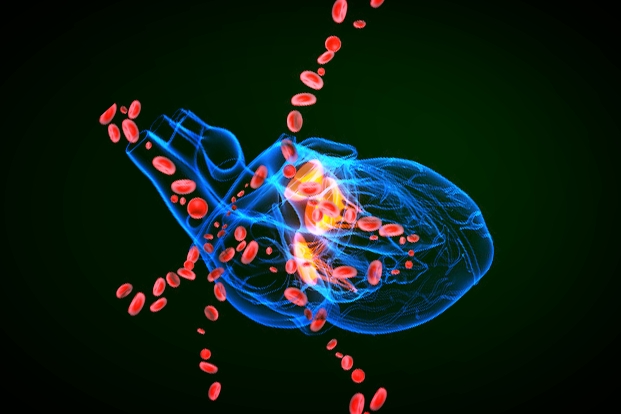Treatment of coronary artery disease
Apr 19, 2022
Treating coronary artery disease generally comprises of changes in lifestyle, drugs and also some medical procedures if required. It also includes numerous lifestyle changes to ensure that the circulatory system is healthy. Some of the recommended lifestyle changes are quitting smoking, eating healthy food, losing excess weight , exercising regularly and reducing stress. Your doctor can recommend a combination of aspects to treat the same.

Drugs recommended to treat coronary artery disease or heart disease
- Cholesterol-modifying medications
By lowering the level of cholesterol in blood, especially the LDL/bad or low density lipoprotein cholesterol, this drug reduces the primary elements that despoit on our coronary arteries. He doctor can select from several medicines such as statins, fibrates, niacin and also bile acid sequestrants.
- Aspirin
Your doctor could advise taking a blood thinner or aspirin for reducing the blood’s tendency to clot. This can prevent obstruction of coronary arteries. For someone who had a cardiac attack, aspirin may assist in preventing future attacks. However, do consult your doctor before taking aspirin in case, you may have a bleeding disorder, or you are on some other blood thinner.
- Beta Blockers
This drug reduces the heart rate and lowers blood pressure which reduces the demand of our heart for oxygen. They reduce the risk of a future attack for those who already had a heart attack.
- Nitroglycerin
These tablets, patches or sprays also control chest pain by temporarily dilating coronary arteries and lowering the demand of heart for blood.
- ACE or Angiotensin-converting enzyme inhibitors and ARBs or angiotensin II receptor blockers
These similar drugs reduce blood pressure and can assist in preventing the progression of a coronary artery disease.
Procedures for restoring and improving blood flow
- Coronary Artery Stent
Sometimes an aggressive treatment is required such as below.
- Angioplasty And Stent Replacement
The doctor inserts long, thin catheter or tube into narrowed portion of artery after which a wire along with deflated balloon is inserted through the catheter to narrowed portion. Then the balloon is inflated to compress the deposits against artery walls. Many times the stent is left in an artery to keep it open. Few stents release medication slowly to assist in keeping the artery open.
- Coronary Artery Bypass Surgery
Surgeons create graft to bypass a blocked coronary artery with the help of a vessel from other part of our body. This allows flow of blood around narrowed or blocked coronary artery. This is mostly done in cases where there are multiple narrowed coronary arteries as it required an open heart surgery.
- Alternative Medicine
Omega-3 fatty acids are a kind of unsaturated fatty acid which are thought to lower inflammation across our body, which adds to coronary artery disease. Recent studies, however, show them to be beneficial but more research is needed.









